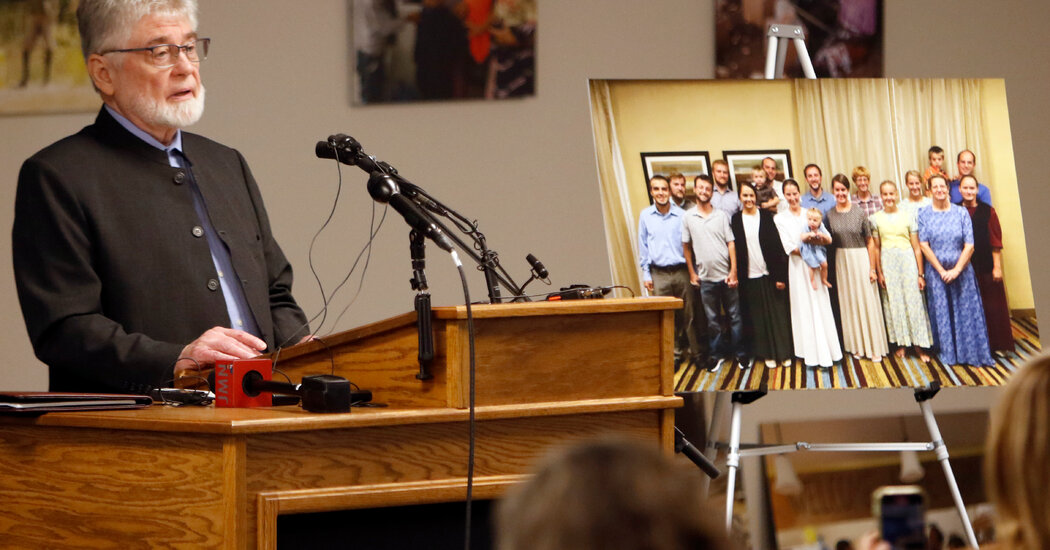
The organization said that an unspecified ransom had been provided but did not describe the money as leading directly to the hostages’ freedom. Instead David N. Troyer, general director of Christian Aid Ministries, said that “after many days of waiting and no action on the part of the kidnappers, God worked in a miraculous way to enable the hostages to escape.”
Some people, who were not identified, “provided funds to pay a ransom and allow the negotiation process to continue,” Mr. Troyer said. “We are not able to say anything further in respect to these negotiations.”
A State Department spokesman would not comment on the episode but noted that the U.S. government did not pay ransoms. A person familiar with the negotiations said a third party paid the ransom, not the U.S. government.
Pierre Espérance, a prominent human rights defender in Haiti, said the missionaries’ description of their experience was very unusual — mass kidnappings in the past have been resolved by the payment of a ransom.
Three Recent Crises Gripping Haiti
Kidnapping has become the main security threat in Haiti over the past year, as the country slipped deeper into an economic and political crisis. Faced with a power vacuum after the death of President Jovenel Moïse in July, and with a rapidly shrinking legal economy, gangs in the capital of Port-au-Prince have increasingly resorted to kidnapping for ransom to finance themselves, targeting even pastors in their churches and doctors fighting the coronavirus pandemic.
The gang that kidnapped the Christian Aid Ministries group also held other hostages in the same building, Mr. Showalter said, and the missionaries tried to talk with them through the walls, or share food and water with them. The group sang, prayed, and recited Scripture verses throughout the days and nights.
The captors provided “large amounts of baby food” for the small children, he said, and the adults received small portions of food, including things like half a hard-boiled egg, or rice and beans with a fish sauce. They had limited access to clean drinking water and some hygiene items, but the water they received to bathe in was “severely contaminated,” he said, and some people developed “festering sores.”




